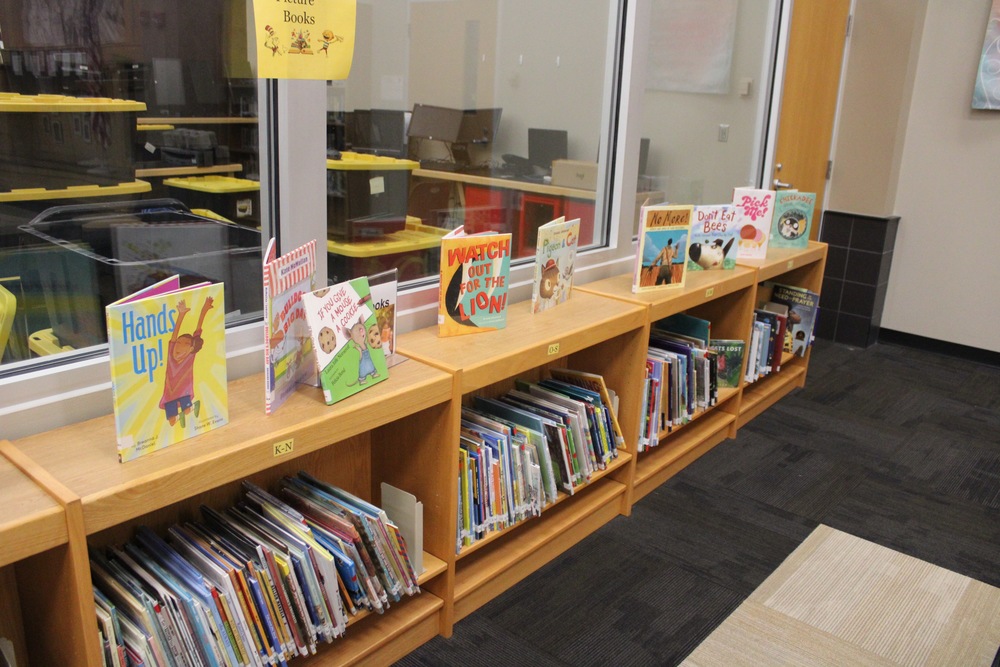In a world where access to books and literature is easier than ever, the literacy rate among Generation Alpha is declining. According to The Annie E. Casey Foundation, only 30% of Gen Alpha fourth graders read proficiently as of 2024, which is lower than 32% in 2022. Being literate is not the only skill for success, but as a cornerstone for learning, it's important in advancing both in school and in life.
To address this problem, several factors must be considered, with the primary one being the impact of technology. Gen Alpha, people born roughly between 2010 and 2025, is the first generation to have grown up surrounded by technology. According to Hill Top Times, “the same devices that children use for reading are often also filled with apps, games, and social media platforms designed to capture their attention.” These distractions make it difficult for students to focus on long-form text, which is necessary for developing reading comprehension skills.
Time spent on technology has surged since the pandemic. The pandemic struck during a crucial learning stage for many Gen Alpha students, and the shift to remote learning made it impossible to have in-person learning, a structured learning environment, and hands-on experience. According to the Voice of The Wildkats, “Many kids are missing simple skills such as phonics or did not have any consistency while they were learning to read, which has caused these significant gaps in their abilities as opposed to older kids.”
Now that they are back in school, many struggle to adapt to the school structure. The reduced attention span makes it difficult for them to focus in a slower-paced learning environment. Teachers are competing with technology, struggling to keep their students focused on lessons.
Some solutions offered begin with managing screen time and digital distractions. Implementing clear policies about technology usage can reduce distractions and improve focus in the classroom. Embracing technology is another crucial step. According to Penn Foster for Organization, teachers can use gamification and interactive apps to engage students. With such easy access to information, teaching them digital citizenship and online safety can be beneficial as well. By integrating programs such as Social and Emotional Learning (SEL), students can develop social awareness and positive relationships.
With these solutions, students can get the help they need and build foundational skills that will help them in the future. Parents can communicate with schools to find solutions that can help their kids thrive in a supportive environment. The sooner we act, the better their chance of a successful life.

